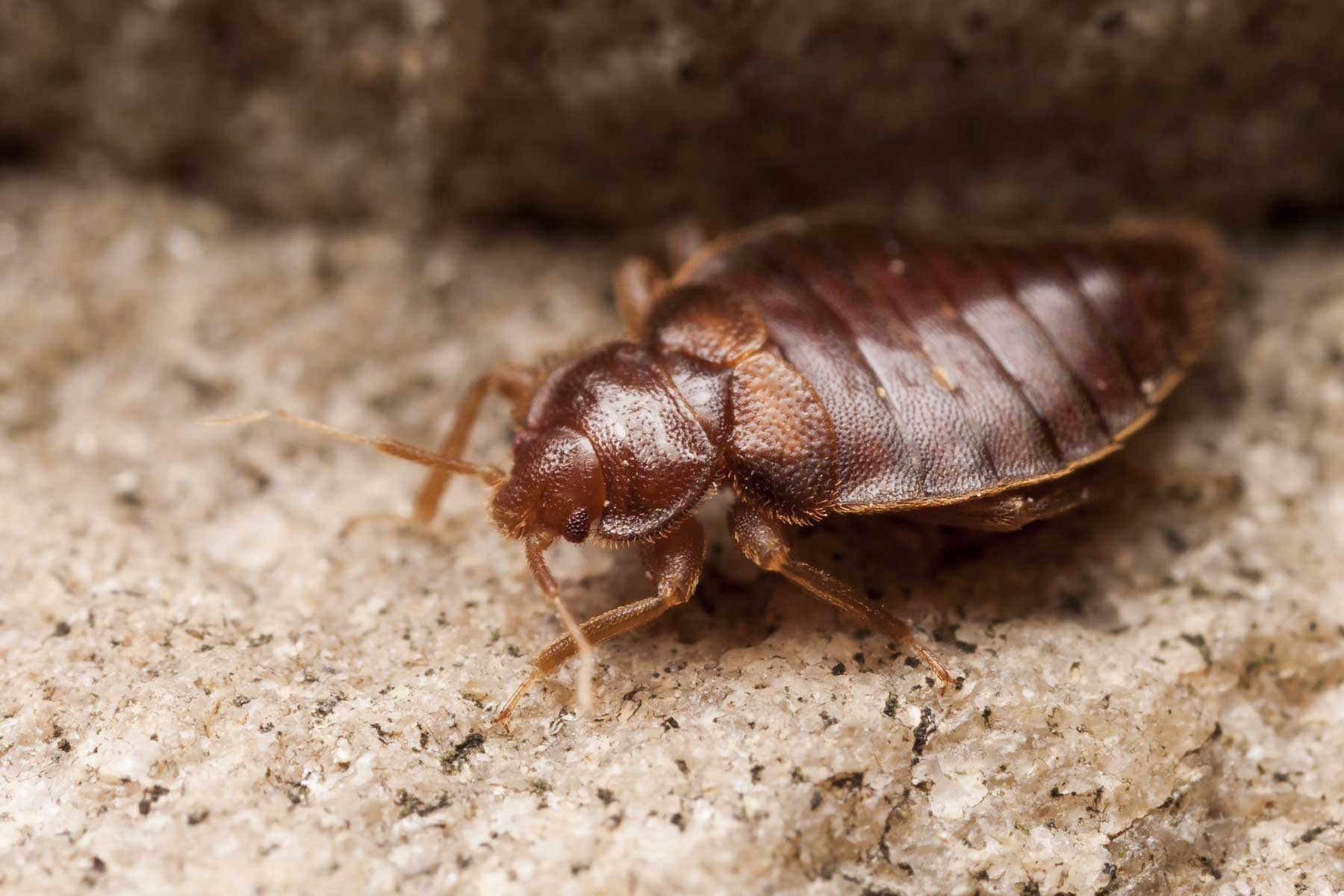Bed Bug Exterminator Houston Services: Top-Rated Extermination Solutions
Bed Bug Exterminator Houston Services: Top-Rated Extermination Solutions
Blog Article
Effective Pest Control Steps to Safeguard Your Yard and Plants
In the world of gardening, the consistency of a well-tended garden can often be disrupted by undesirable insects that intimidate the health and vigor of plants. Implementing reliable pest control determines not only safeguards the garden's visual allure yet likewise plays a pivotal function in maintaining the plants' well-being.
All-natural Insect Repellents

One more effective natural pest repellent is diatomaceous planet, a powdery substance made from fossilized marine microorganisms. Diatomaceous planet works by physically harming insects with its unpleasant appearance, making it a superb alternative for managing parasites like slugs, beetles, and caterpillars. In addition, growing buddy plants like marigolds, lavender, or basil can help ward off bugs because of their strong aromas or all-natural chemical compounds.
Beneficial Insects for Parasite Control

Another beneficial bug is the parasitical wasp, which lays its eggs inside parasite insects, at some point killing them. Ground beetles are excellent for managing caterpillars, snails, and slugs. Hoverflies, usually mistaken for as a result of their similar look, feed on aphids, thrips, and caterpillars.
To draw in advantageous pests to your yard, you can plant a varied variety of blooming plants, such as dill, fennel, and yarrow, which supply nectar and plant pollen for adult bugs. In addition, avoid making use of broad-spectrum chemicals that can damage both hazardous and valuable insects. By producing a welcoming atmosphere for these helpful pests, you can reduce the requirement for chemical pesticides and advertise a healthier, much more well balanced yard ecosystem.
Companion Growing Methods
When intending to boost the efficiency of valuable insects in your yard for all-natural pest control, thinking about buddy planting methods can even more maximize the ecological community equilibrium. Friend planting involves purposefully putting certain plants alongside each other to maximize their common advantages, such as hindering parasites, bring in advantageous insects, or boosting nutrient uptake - bed bug exterminator houston near me. One preferred instance is growing marigolds together with tomatoes to push back nematodes and various other dangerous pests while additionally attracting pollinators
Growing trap plants like nasturtiums can divert parasites away from your main plants, serving as sacrificial plants that secure your useful produce. By carrying out companion planting approaches, you can produce a varied and unified garden environment that naturally regulates bugs while advertising plant health and wellness and performance.
DIY Bug Control Solutions
To successfully manage bugs in your yard, executing diy parasite control solutions can be an affordable and eco-friendly approach. One typical do it yourself pest control option is developing homemade insecticidal soaps by mixing moderate soap with water to regulate soft-bodied insects like aphids, termites, and whiteflies. Additionally, introducing useful pests such as ladybugs, lacewings, and predatory wasps can assist naturally control insect populations in your yard. Establishing physical obstacles like row covers or netting can also avoid insects like caterpillars from damaging your plants.
One more efficient technique is using diatomaceous earth, an all-natural powder that can be sprinkled around plants to hinder slugs, snails, and various other creeping bugs. Moreover, buddy growing particular natural herbs and blossoms like marigolds, basil, and lavender can assist push back bugs and attract helpful pests. Consistently inspecting your plants for signs of parasite damages and quickly removing any kind of influenced locations can likewise prevent problems from dispersing. By incorporating these DIY parasite control options into your horticulture routine, you can protect your yard and plants without depending on rough chemicals.
Environmentally-Friendly Pesticides

One this website more effective alternative is diatomaceous planet, an all-natural compound made from fossilized marine microorganisms, which can be sprinkled around plants to control slugs, snails, and various other creeping bugs. Additionally, insecticidal soaps and oils stemmed go to this web-site from plant-based sources work for managing soft-bodied insects like aphids, mites, and whiteflies.
Verdict
In final thought, effective insect control actions such as natural repellents, beneficial pests, companion growing methods, DIY remedies, and environmentally-friendly chemicals are important for shielding your garden and plants. By executing these methods, you can prevent damages brought on by bugs and maintain a healthy and growing garden ecosystem. It is necessary to take into consideration the lasting impact of making use of pesticides and choose more lasting and eco-friendly options to guarantee the wellness and well-being of your plants and the atmosphere.
Report this page